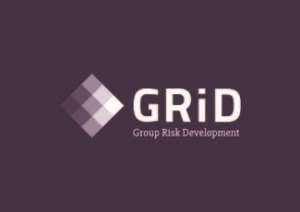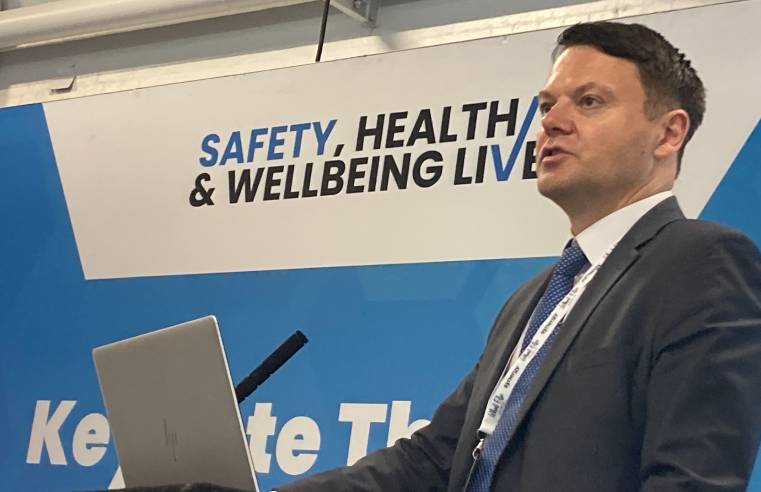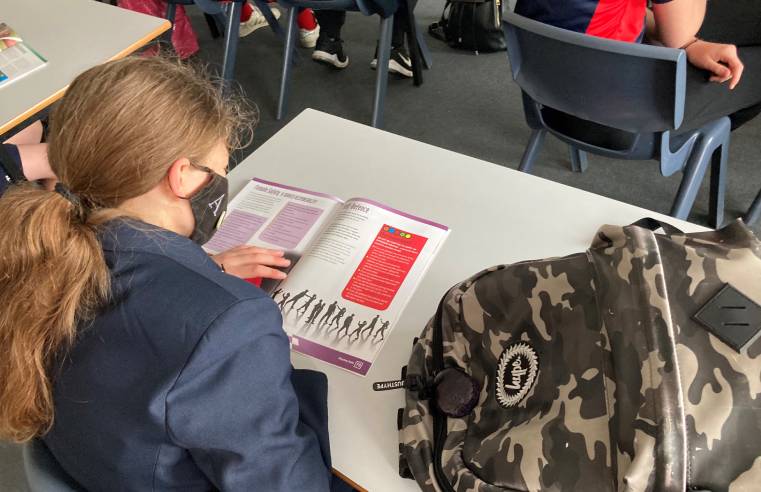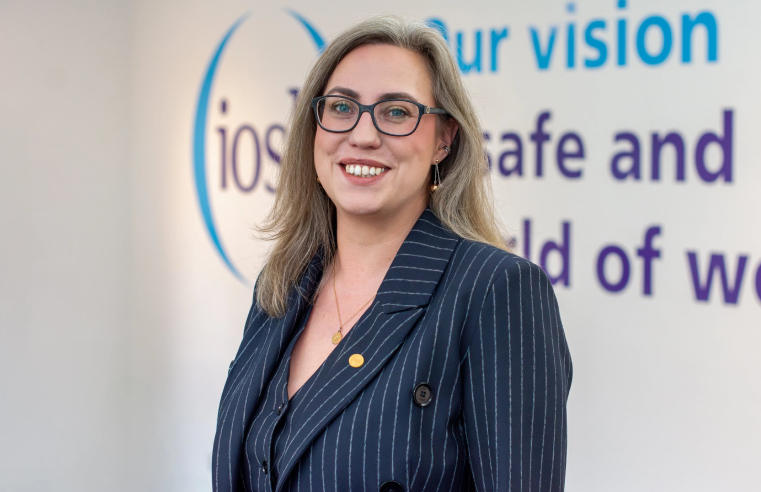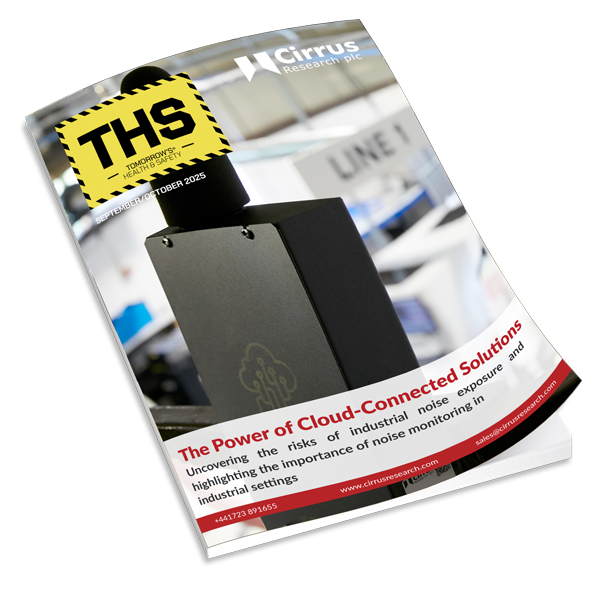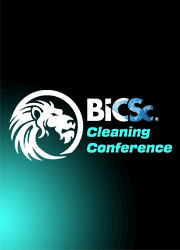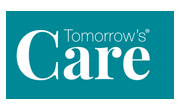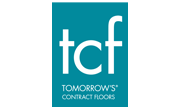Research revealed by Group Risk Development (GRiD) shows that cancer and other acute medical conditions account for nearly one in five (19%) long-term absences among employers. Indeed, cancer is the main cause of claim across all group risk products (employer-sponsored life assurance, income protection and critical illness benefits). Yet employers are often surprised at the support that is offered routinely by group risk providers to help both themselves and employees when staff are diagnosed with cancer.
Support for employees
When employers implement group risk protection benefits for their staff they may do so with the primary aim of providing a financial benefit. But the benefit today goes far beyond that. Support is holistic, tailored uniquely for the individual and is designed to support the employee at every stage.
It can include financial help, rehabilitation support, physiotherapy, occupational health, counselling and sign-posting to specialist charities. Support is both practical and emotional, it starts at diagnosis and continues during treatment and beyond.
Support for employers
It is recognised that employers have a crucial role to play when an employee receives a cancer diagnosis, and so they are also given access to specialist support. Providers can give guidance on how to comply with the Equality Act, how to discuss a return to work, what outcomes to expect, and how to support other members of the team.
One of the most valued benefits that providers can assist with is communication between employers and their staff. Many employers and line managers are unsure how to start a conversation with someone who’s been diagnosed with cancer. Employees too can be wary about how to talk to their employer.
Katharine Moxham, spokesperson for GRiD, said: "Every single situation is unique. Each individual will need different support, from physical adjustments in the workplace to facilitate a managed return to work, to psychological support to deal with side-effects of treatment, through to education to understand a diagnosis. Providers have specialist teams that deal with every aspect of managing cancer: financial, physical and emotional."





